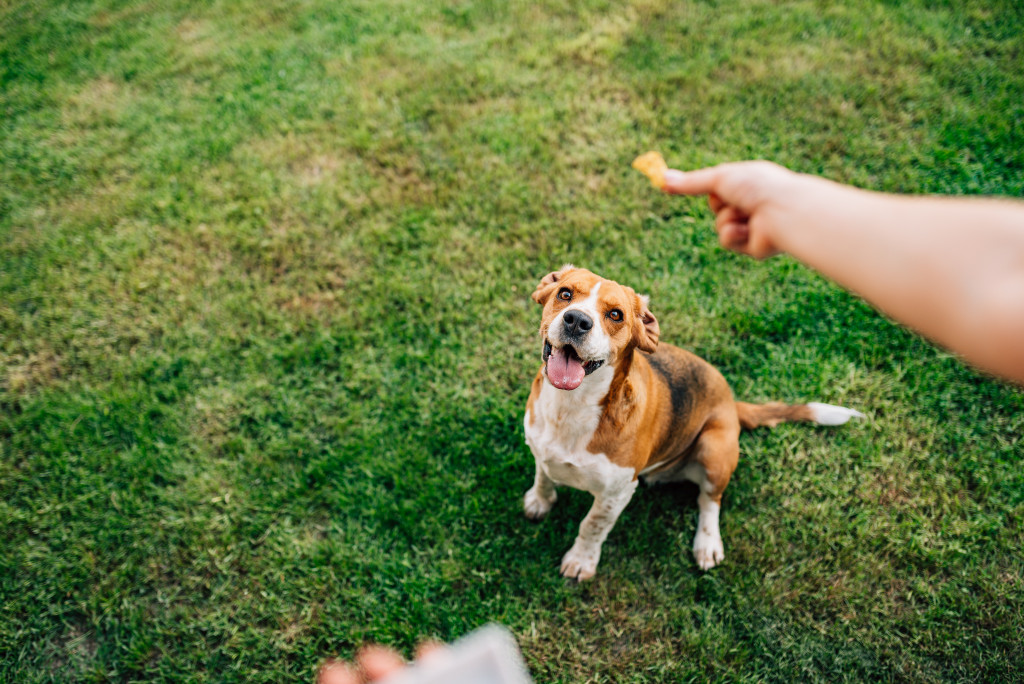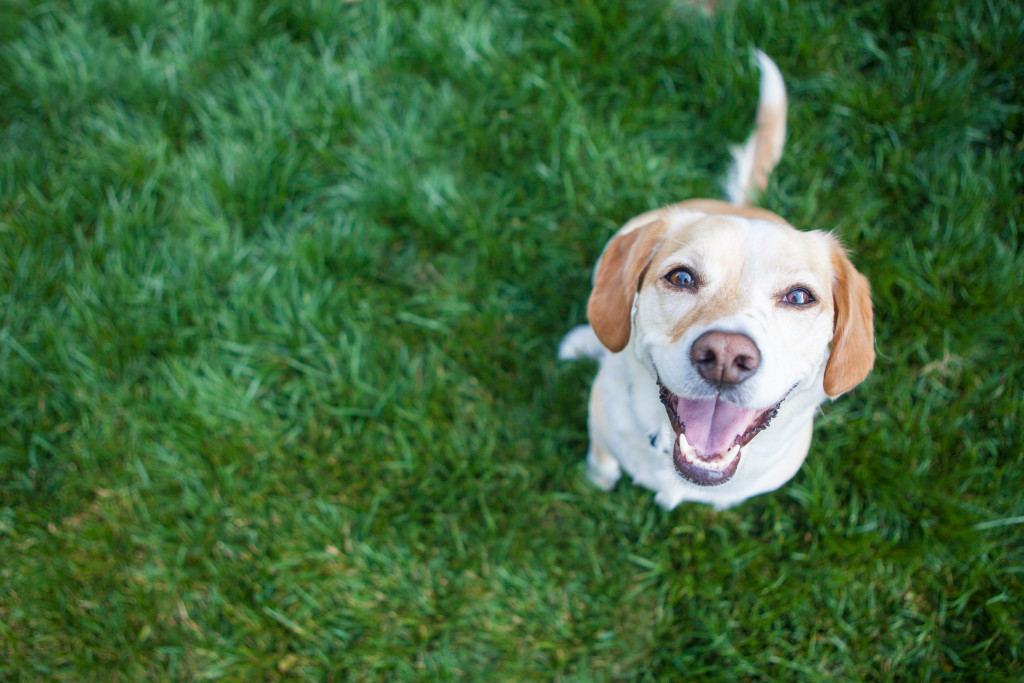Canine aggression can be a frightening experience for dog owners. As dog owners, we need to be more understanding if we have committed to owning a pet.
If you are wondering whether you should keep an aggressive dog in the family, you should reflect on the responsibility. A lot of dogs end up in shelters, abandoned in the streets, or worse—euthanized. You are given a chance to change a dog’s life. With time, hard work, and patience, you can turn your dog’s life around and manage its aggression.
A dog’s behavior may be as simple as excessive licking, chewing, and barking or can be as severe as biting and scratching. You can evaluate the dog’s risk within your family by carefully assessing the damage like growls, scratches, and bites.
Dog bites and scratches are not rare, but they are not a good behavioral strategy, either. The severity of the dogs’ actions may be judged by the damage done together with its severity. A certified veterinary behaviorist can fix this if the case is beyond your capabilities.
Why Some Dogs Are Aggressive
According to the Animal Humane Society, dogs have inherently aggressive personalities, and some breeds are genetically inclined to hostility. The level of aggression depends on their upbringing and environment.
There are many reasons for your dog’s aggression, namely the mother’s state and condition during pregnancy, early socialization, improper method of training, and diet. Some aggression can also be triggered by trauma and pain from past owners and experiences.
People are quick to assume that the bigger the breed, the more aggressive it can be. For example, they believe that the Doberman, German Shepherd, and Rottweiler are highly aggressive. However, it is untrue since the breeds that show bad behavior are the Chihuahua and dachshund, according to a study by the Applied Animal Behavior.
Here are some ways to encourage positive behavior in your dog:
1. Spend time with your dog
Spending quality time with your dog is very important. Just like people, they need a personal connection, and having that with their owners will make them feel loved. Every dog loves a good rub down, a bath, or any activity where you’re focused entirely on them.
You can also have specific days in the month to have play dates if you’re occupied with other things on most days. Make it a routine for them, and you’ll be surprised how they’ll remember and look forward to it.

2. Feed them with a nutritious meal
Providing your dog with a nutritious meal can also improve their behavior. Certain vegetables, fruits, and grains can provide them with vitamins and prevent them from getting diseases. An unbalanced diet and a lack of nutrition are proven to affect the metabolic process, brain, and nervous system.
Feed your dog according to his size, type of food, and how active he is. You can feed them with kibble, add some meat, supplements, and veggies fit for your breed.
3. Engage them in daily activities
Engaging them in activities keeps your dogs healthy and is proven to reduce behavioral problems like exercise. It can also help them build trust within you and their environment. Sometimes parks may not be accessible within your vicinity, so just take them for a game of fetch outside your yard. If you have a high-quality carport, let them run around the garage without having to worry about them getting lost or dehydrated of heat. You can also take them swimming, hiking, and even biking. Tag them along when you’re doing outdoor activities.
4. Introduce them to other dogs
You can bring your dog to a dog park to meet other dogs and even people. Pets who spend time interacting with others tend to be more friendly and sociable. They can develop good behavior if they are around dogs, playing and bonding with them.
Dogs have a good sense of memory and will eventually remember the places they’ve met friends. If your dog socializes, doesn’t attack other dogs, or has a noteworthy behavior with both people and pups, then take them for a treat after, like a pet store for a new toy or get some fresh snacks.
5. Teach them some tricks
Other positive reinforcements to dogs are games and tricks. A praise and reward system has been shown to teach dogs good behavior. Reward them with treats, cuddles, and love if they are always at your beck and call.
You should also teach them basic obedience training. According to a study in the Journal of Animal and Veterinary Advances, 40% of dominance aggression in dogs is due to the owner not instilling obedience training. Hitting them, intimidating them, and showing them ‘you’re the alpha’ does nothing to teach them good behavior.
Dogs are loving and caring animals. We should practice treating them like our children, providing them with affection and consistency. Treat them with respect and give them their needs. Some dogs may just lack love due to their previous environment and misguided owners. Their trust can be gained over time, training, and a lot of patience. If it does not work, then there are always experts who can help you on how you can properly deal with their behavior.

